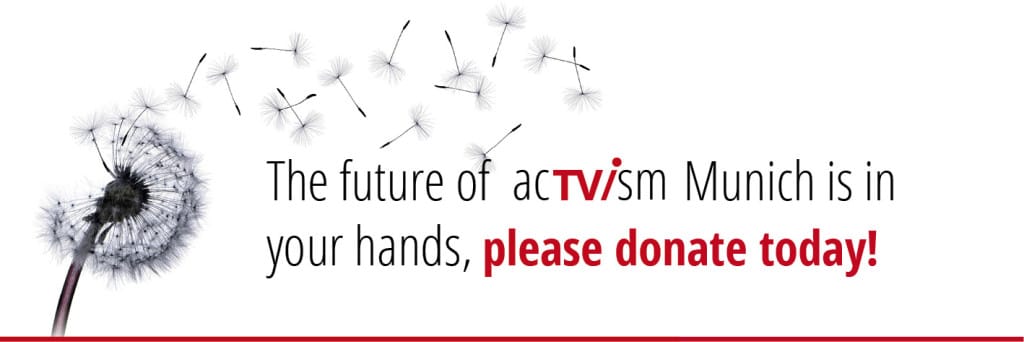
This interview with James K. Boyce produced by The Real News Network deals with the the concept of the Universal Basic Income and addresses the arguements that are usually made against it. Boyce is a Professor at University of Massachusetts, Amherst, and the Director of the Program on Development, Peacebuilding, and the Environment at PERI – “The Political Economy Research Institute.”
The following questions and many others are addressed in this video:
To view Noam Chomsky & Yanis Varoufakis’ analysis on the Universal Basic Income, click here.
To read the transcript of this interview, click here.
Click here or on the picture below.

James K. Boyce received his Ph.D. in economics from Oxford University. He is the author of Economics, the Environment and our Common Wealth (Edward Elgar 2013), Investing in Peace: Aid and Conditionality After Civil Wars (Oxford University Press 2002), The Political Economy of the Environment (Edward Elgar 2002), The Philippines: The Political Economy of Growth and Impoverishment in the Marcos Era (Macmillan 1993), and Agrarian Impasse in Bengal: Institutional Constraints to Technological Change (Oxford University Press 1987), and co-author of Africa’s Odious Debts: How Foreign Loans and Capital Flight Bled a Continent (Zed Books, 2011) and A Quiet Violence: View From a Bangladesh Village (with Betsy Hartmann, Zed Press 1983). He is the co-editor of Reclaiming Nature: Ecological Restoration and Environmental Justice (Anthem Press 2007), Peace and the Public Purse (Lynne Rienner 2007), and Natural Assets: Democratizing Environmental Ownership (with Barry Shelley, Island Press 2003) and editor of Economic Policy for Building Peace: The Lessons of El Salvador (Lynne Rienner 1996). Professor Boyce’s current work focuses on climate change, environmental justice, capital flight, and the relationship between economic policies and violent conflict.
1 reply on “Universal Basic Income: A Solution to Inequality, Economic Instability, and Climate Change”
I’m glad to see they’re talking about common assets; on the other hand, I’m disappointed they’re not using that four-letter word … LAND. I guess because if they did, they’d have to talk about the elephant in the room: exclusive land titles, particularly of the urban variety, and their economic returns, LAND RENT.
Funding a Residents’ Dividend from land rent (all of it) would be civilization-changing. It would bring urban land out of the monopolistic grip of freeholders and make it available to users, reversing the global disease of sprawl and abolishing poverty at its root: land dispossession. The Dividend would not be an insulting pittance like is being discussed here, but instead $1,000/month or more if we’re talking about the U.S.
Anyone interested in links, info and discussion can follow @urbanlandrights on Twitter. Begging for scraps will get us nowhere. Demanding human rights is the way forward.